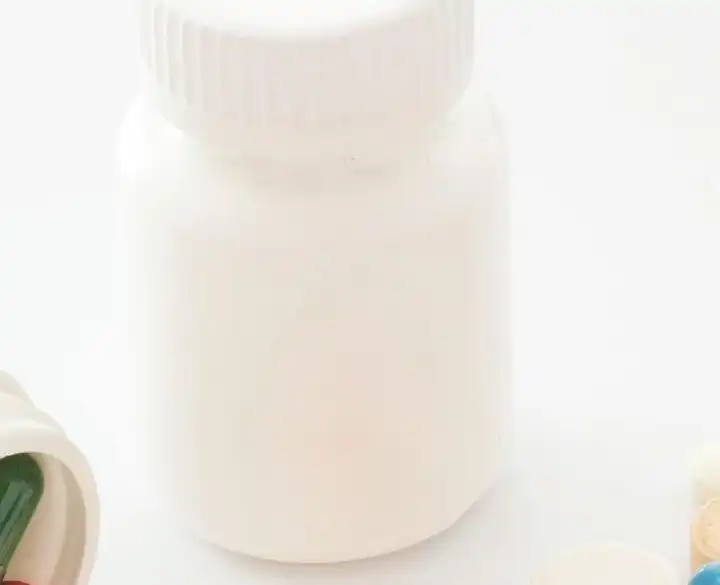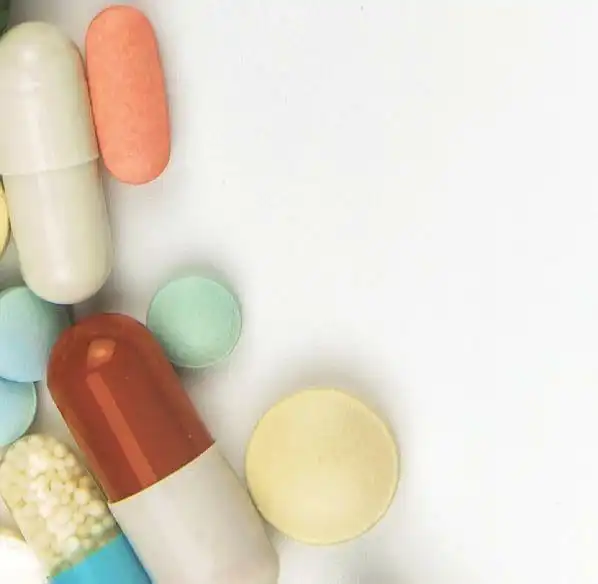
3 minute read
Generic Drugs –a Year in Review
from DSN-0223
by ensembleiq






There are some tough-love lessons to be learned from the events of the past year
By Carol
An aging population combined with increasing numbers of people diagnosed with chronic diseases are among the top factors set to influence innovation in the generics drug market in 2023. To position themselves to capitalize on this opportunity, generics drug companies have been quietly expanding their reach into untapped markets, beefing up R&D and acquiring competitors.
This collective result has enabled companies to start off the year with several new drugs. Generics companies, such as Aurobindo, Fresenius Kabi, ANI, Camber and Alembic, generated industry buzz when they announced the approval of several key medicines by FDA early this year.
But while most indicators point to generics sales rising this year, experts say the economic and logistics problems the industry experienced in 2022, if not resolved, potentially stand to eclipse this growth potential.
A look back
John Dillaway, executive vice president for Parsippany, N.J.-based Ascend Labs, is among those who believe many of the issues that came into play last year will influence growth opportunities in 2023. “Without a doubt, 2022 was an interesting year,” said Dillaway. Several factors, including the turbulent economy, he noted, pushed many businesses, including generics, into uncharted waters.
“After unprecedented deflation in 2020 and 2021 many believed the rates of deflation would revert to more historical norms but that didn’t happen,” Dillaway said. “Each time it appeared that things were starting to stabilize, they would begin to drop again.”
Dillaway continued, “What’s surprising is that given all the traditional costs generic manufacturers face and considering the new costs from Track & Trace, Stewardship Programs and DEA and Opioid fees this rate of deflation is not




sustainable and yet it keeps occurring.”



Dillaway said at times it has been upsetting to see the amount of investment made in gaining a new approval for what many times is a lifesaving or life prolonging medicine being sold for well underneath its value and often at loss. He also pointed out that companies have already started to see the fallout from this, including lower revenue and earnings results, lower stock prices and a market flooded with short-dated product sales. “The industry handled these challenges poorly and my guess is that we will begin to see companies either fail or be acquired by stronger, smarter ones,” said Dillaway. “The bottom line is that the current model we face is not a healthy one.”
The impact that government policies have had on the industry during the past several years cannot be underestimated, said Marc Kikuchi, chief executive officer, Dr. Reddy’s Laboratories North America Generics located in Princeton, N.J. The effects of the 2022 Inflation Reduction Act, which allows Medicare to negotiate drug prices and how costs are allocated, are already being seen, he noted.
Likewise, Kikuchi said, the Affordable Care Act also has left a mark on the industry. “It has been nearly 10 years since its passage and its impact on the industry has been complex to say the least, with the uninsured rate falling nearly eight percent, while at the same time, we have seen an acceleration in the use of deductibles for pharmacy benefits which reduced margins.”
Supply chain challenges
In addition to concerns over deflation, generics companies worry about the continued fallout from the global supply chain crisis witnessed last year.
Paul McMahon, president, APUSA Oral Solids Division of Aurobindo Pharma USA, East Windsor, N.J., said the shortages affecting every industry have forced companies to consider new strategies for alternative materials procurement and transportation methods.





“After three years of Covid, the industry has been severely impacted, and demand dislocation has been difficult to predict, most recently resulting in the antibiotics shortage due to the higher than anticipated cough/cold/flu season,” said McMahon.



Stepped up facility inspections by the FDA have created further supply disruption, he noted.
Dr. Ram Chakroborty, president of Bajaj Medical in Chicago, said if there is one thing the pandemic validated it is the strength of the pharmaceutical industry to rapidly provide quality drugs and treatments to protect and help prevent the spread of Covid. “Generic Rx companies offered lower cost drugs to the marketplace during periods of major shortages in the supply chain,” said Chakroborty.
At the same time, Chakroborty and others pointed to the long-term repercussions from out-of-stock issues experienced in 2022. “Like many, we were surprised that the industry was unable to keep the shelves stocked. Respiratory illnesses were









